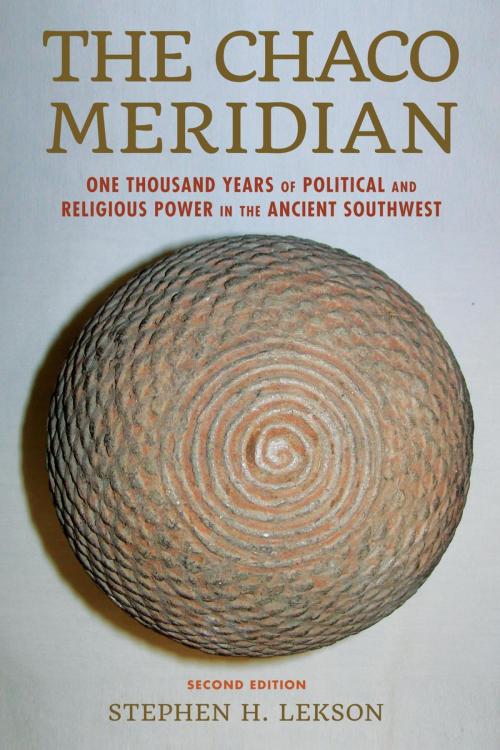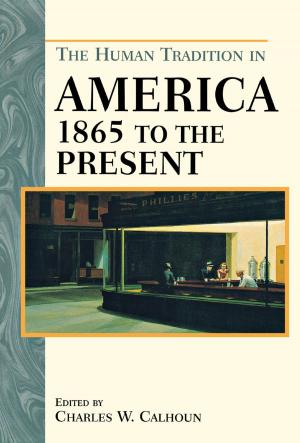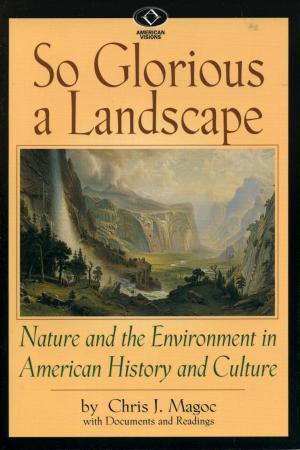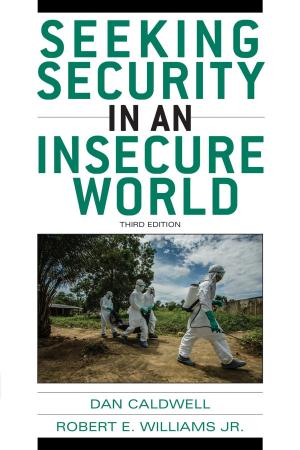The Chaco Meridian
One Thousand Years of Political and Religious Power in the Ancient Southwest
Nonfiction, Social & Cultural Studies, Social Science, Archaeology, History, Americas, Native American, United States| Author: | Stephen H. Lekson | ISBN: | 9781442246461 |
| Publisher: | Rowman & Littlefield Publishers | Publication: | March 19, 2015 |
| Imprint: | Rowman & Littlefield Publishers | Language: | English |
| Author: | Stephen H. Lekson |
| ISBN: | 9781442246461 |
| Publisher: | Rowman & Littlefield Publishers |
| Publication: | March 19, 2015 |
| Imprint: | Rowman & Littlefield Publishers |
| Language: | English |
In this return to his lively, provocative reconceptualization of the meaning of Chaco Canyon and its monumental 11th-century structures, Stephen H. Lekson expands—over time and distance—our understanding of the political and economic integration of the American Southwest.
Lekson’s argument that Chaco did not stand alone, but rather was the first of three capitals in a vast networked region incorporating most of the Pueblo world has gained credence over the past 15 years. Here, he marshals new evidence and new interpretations to further the case for ritual astronomical alignment of monumental structures and cities, great ceremonial roads, and the shift of the regional capital first from Chaco Canyon to the Aztec Ruins site and then to Paquimé, all located on the same longitudinal meridian. Along the line from Aztec to Paquimé, Lekson synthesizes 1000 years of Southwestern prehistory—explaining phenomena as diverse as the Great North Road, macaw feathers, Pueblo mythology, the recycling of iconic symbols over time, founder burials, and the rise of kachina ceremonies—to yield a fascinating argument that will interest anyone concerned with the prehistory and history of the American Southwest.
In this return to his lively, provocative reconceptualization of the meaning of Chaco Canyon and its monumental 11th-century structures, Stephen H. Lekson expands—over time and distance—our understanding of the political and economic integration of the American Southwest.
Lekson’s argument that Chaco did not stand alone, but rather was the first of three capitals in a vast networked region incorporating most of the Pueblo world has gained credence over the past 15 years. Here, he marshals new evidence and new interpretations to further the case for ritual astronomical alignment of monumental structures and cities, great ceremonial roads, and the shift of the regional capital first from Chaco Canyon to the Aztec Ruins site and then to Paquimé, all located on the same longitudinal meridian. Along the line from Aztec to Paquimé, Lekson synthesizes 1000 years of Southwestern prehistory—explaining phenomena as diverse as the Great North Road, macaw feathers, Pueblo mythology, the recycling of iconic symbols over time, founder burials, and the rise of kachina ceremonies—to yield a fascinating argument that will interest anyone concerned with the prehistory and history of the American Southwest.















